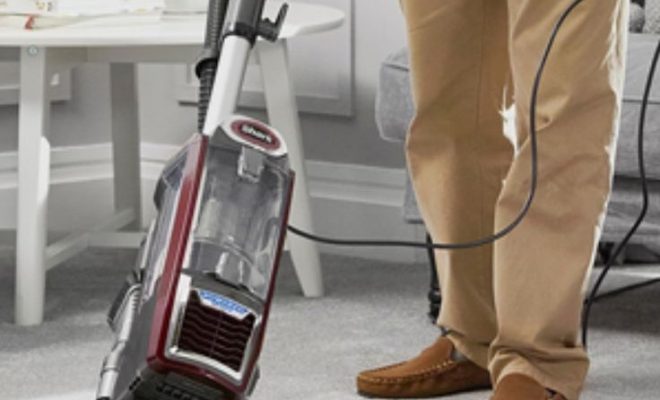Is the Home Battery the New Generator?

As our world becomes increasingly reliant on technology, ensuring constant and reliable energy sources has become a critical concern for modern homeowners. The once common gas-powered generator is now being challenged by a new contender: the home battery. Is the home battery set to take over as the new standard for backup power?
Home batteries work by storing electricity, either from the grid during off-peak hours or from renewable sources such as solar panels. They are designed to kick in seamlessly when the main power supply is interrupted, whether due to a storm, utility outage, or other disruptions. This capability has made them an attractive option for those looking to enhance their home’s energy resilience.
One of the most significant advantages of home batteries is their clean energy potential. When paired with solar panels, they can create a sustainable loop of energy consumption and storage, reducing reliance on fossil fuels. This eco-friendly angle is not something a traditional generator can offer, as generators typically run on diesel or gas and produce emissions.
Home batteries come with another critical benefit: noise reduction. Unlike the loud operation of combustion generators, home batteries operate silently. This difference can be crucial for quality of life, especially in residential areas where noise pollution is a concern.
Additionally, there’s convenience and maintenance to consider. Home batteries require very little upkeep compared to generators, which need regular servicing and fuel replenishments. This aspect means that once installed, home batteries offer a “set it and forget it” solution — until they’re needed.
However, some challenges remain in the widespread adoption of home batteries. The up-front cost can be substantial, potentially out of reach for average consumers. Batteries also have limited capacity; during prolonged outages, a generator can continue operating as long as there is fuel available while a battery may run down.
Manufacturers are addressing these issues by developing more efficient and cost-effective battery systems that boast longer lifespans and better performance during extended outages. Government incentives for clean energy solutions are helping to offset costs for consumers as well.
In conclusion, while generators have been the go-to in backup power for many years, the rise of home batteries suggests a shift towards smarter, cleaner solutions compatible with renewable energy trends. With advancements in technology driving down costs and increasing efficiency, it would not be surprising if we saw the home battery surpass generators as the standard choice for emergency power in homes of the future.




